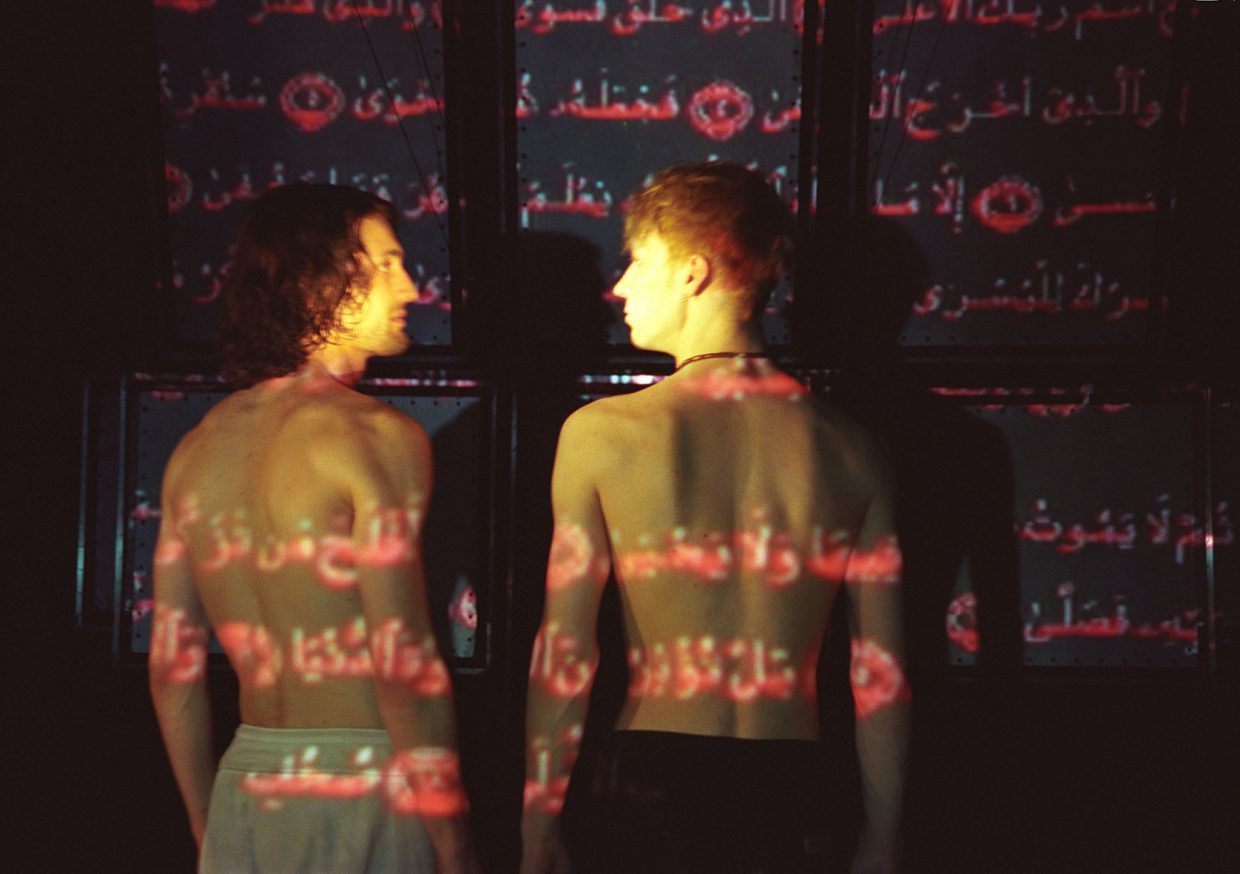Showing up to Improvisation
Emerging to sociality during a pandemic has felt like a process of improvisation—making gestures toward imagining oneself in relation to others, to past selves, and to future possibilities. But what is time in a pandemic? Time has resonated in a deep presentness, one that at once suspends or forecloses the future tense, and then makes one feel like it’s the only tense worth living for. Events happen somewhere in the background—couplings, uncouplings, births, and deaths—and unfurl a future’s past, as yet unlived. Somehow, amidst lurching crisis, it feels like we’ve had little practice in living change.

Our attachments become particularly fraught when we can’t tell time. Lauren Berlant described the political crisis following Trump’s election as “genre flailing”: “We’re flailing when we move to help each other with touch, words, and plans under the pressure to build on movement culture so that our gestures can extend beyond the beat of the moment, toward activist time that makes time to craft our commitments to foraging a better good life from the freshly uneven ground we’re wobbling on” (2017). The future tense torques efforts to build toward and to extend ourselves beyond, which in turn makes for the wobbly ground that unleashes our flailing. Improvisation sometimes looks like flailing, but it requires different kinds of sensorial extension. These are the senses that the Ilkhom, Bata, and Omnibus ensemble actors and musicians, who I began to think with in 2017, cultivated when they generated their “collective compositions” that moved through and with the sense of others’ bodies, beats, and words on the stage, even when they were not visible to one another. This is the kind of sense that tracks where the other once was and where they might be. It is a dangerous sense, a kind of empathy, but which recognizes the potential for violence within.
My article is about improvisations amidst violence—and how we live through and communicate living through authoritarian state violence and policing in radically different places, bodies, and across time and languages. It is a story that takes us from the US to post-Soviet Uzbekistan. And it is one that exposes the kind of flailing that happens through translation, through confronting forms of textual violence that sever the sexual and racial body from its historical imprint on the word, as well as the possibilities it makes for our future extensions through the process of worldbuilding. Improvisation is a mode of relation that wants to be mindful of the dangers of the future’s torque and, still, to show up to being in the world anyway.
Leah Feldman’s article “Embodied Philology: Translating Performance from Tashkent to Chicago” is published in the new issue (65/3) of TDR and is free to access until the end of October 2021. She is Assistant Professor of Comparative Literature at the University of Chicago.
Reference: Berlant, Lauren. 2017. “Big Man.” Social Text Online, 19 January. Accessed 21 July 2021. https://socialtextjournal.org/big-man/#marker-9485-2.
Image credit: Projection of Arabic script onto the bodies of dancers during a devotional scene. Imitations of the Qurʾan, Ilkhom Theatre, Tashknt, 2002. (Photo by Anatoly Rakhimbaev; courtesy of Ilkhom Theatre Archive).





